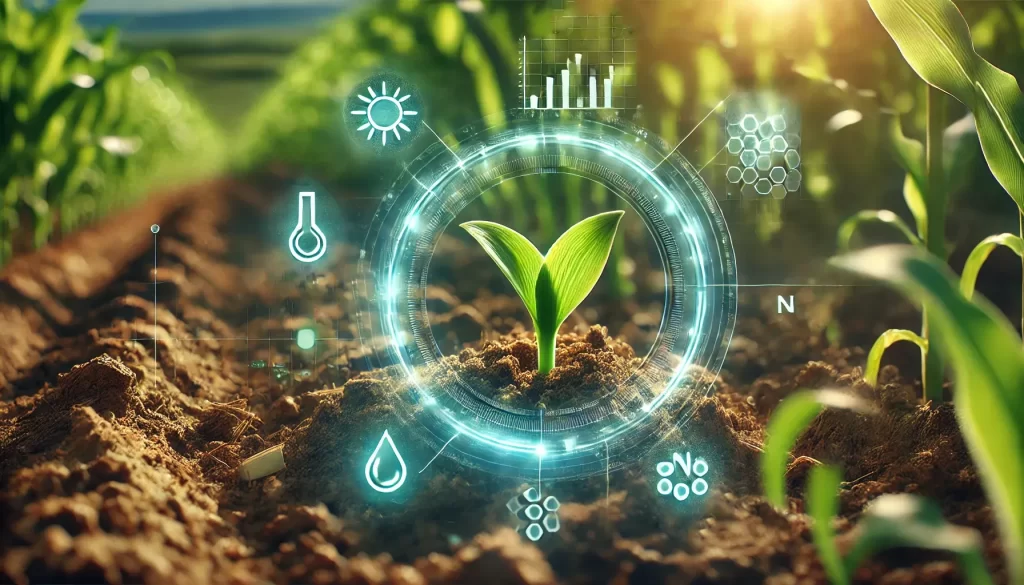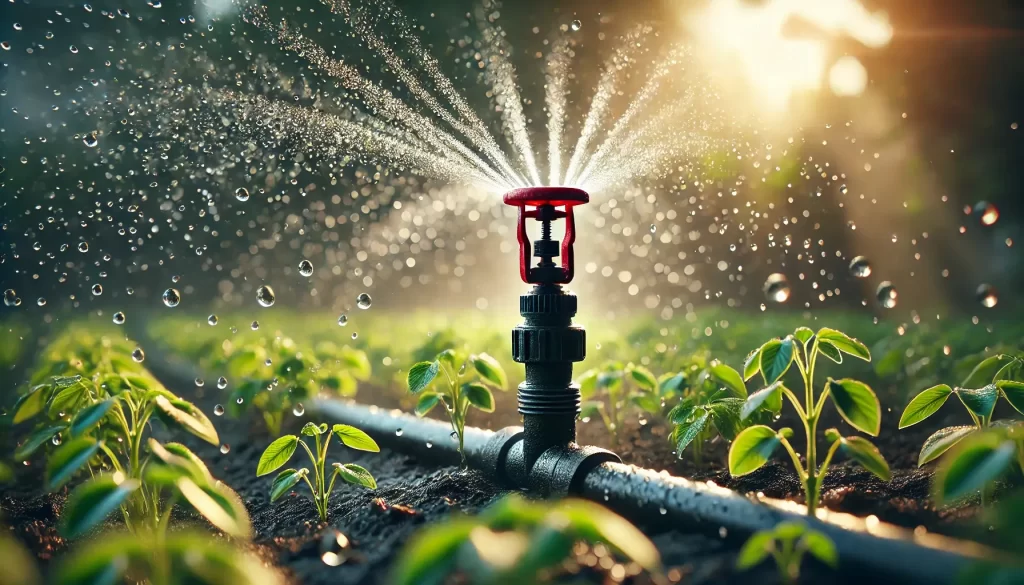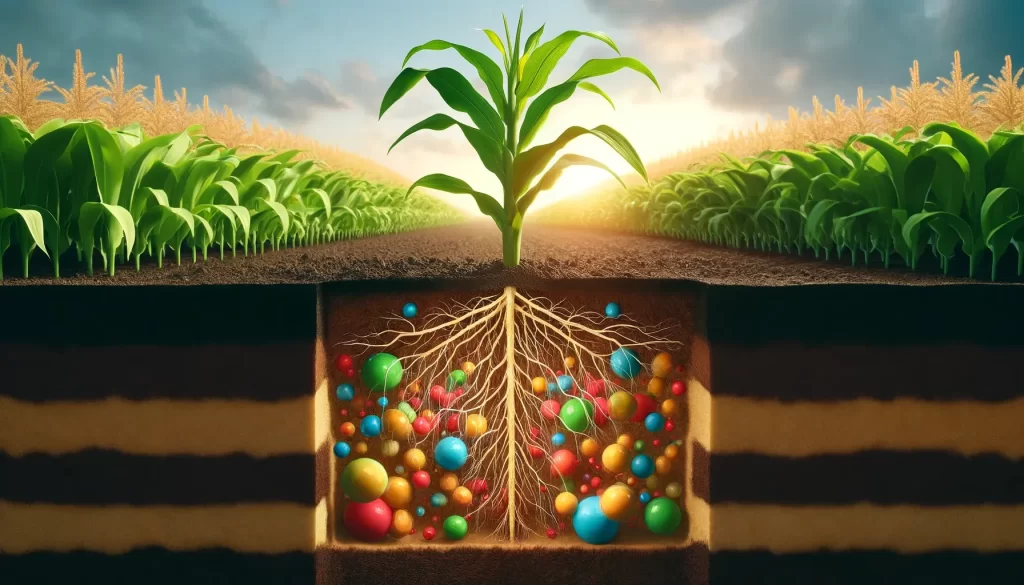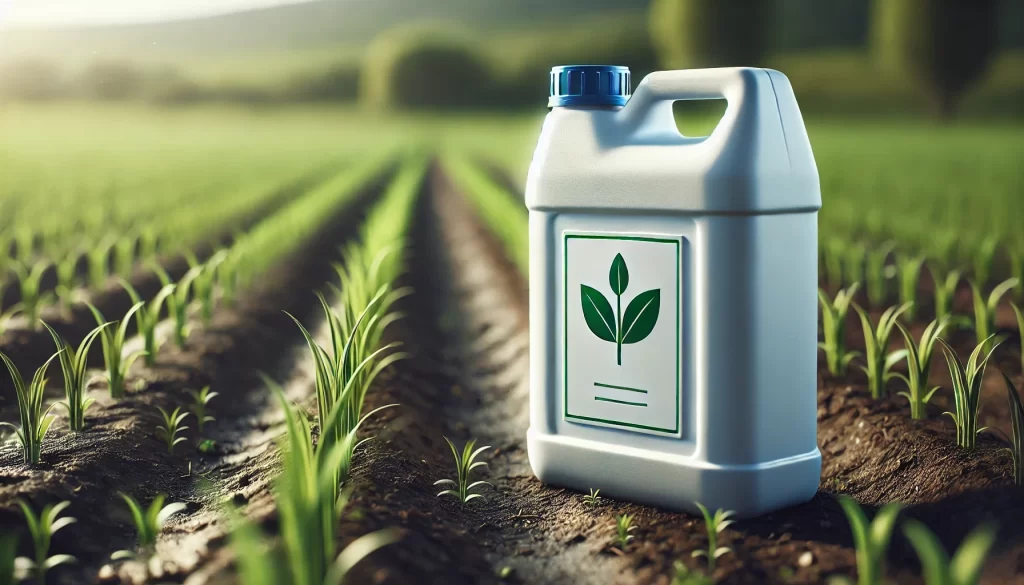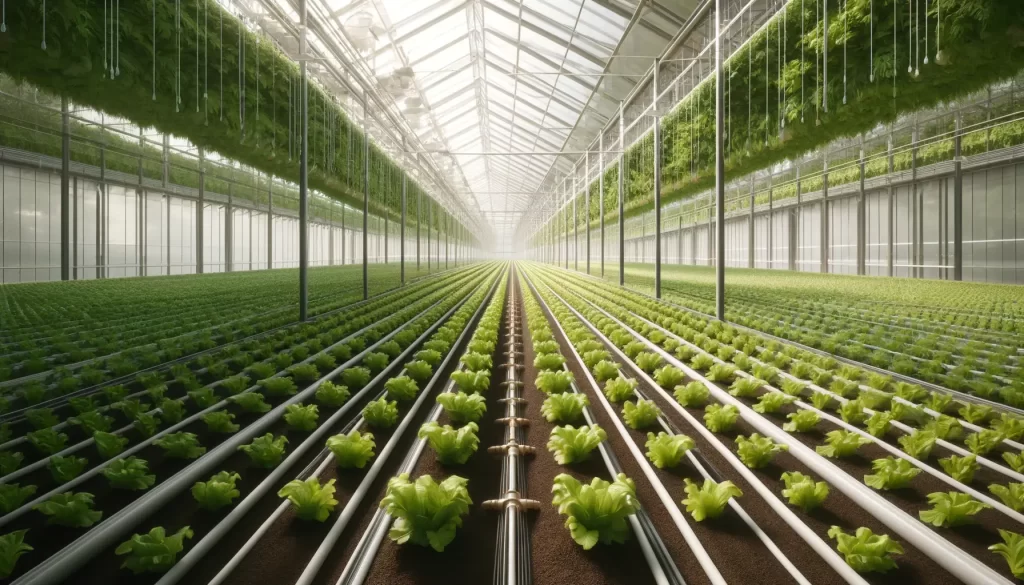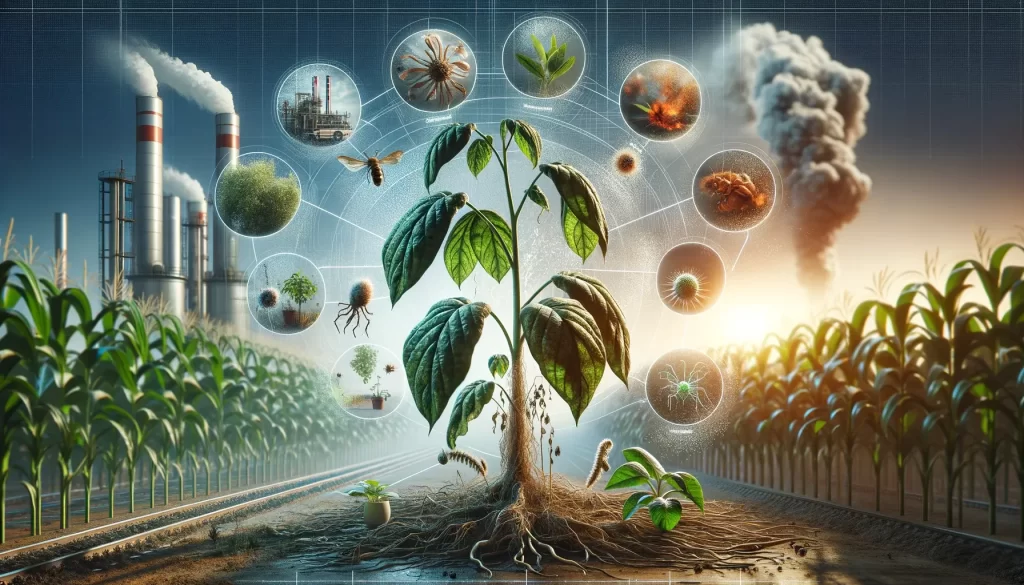As Greenlive, we offer a wide range of products, including liquid and organic fertilizers, based on the latest technology to meet the nutritional needs of plants and protect soil health. In this article, we will comprehensively examine the effects of liquid fertilizers on soil health and structure.
Introduction
Liquid fertilizers are types of fertilizers that are produced by dissolving nutrients in water and are easily transportable and applicable. They are used to increase yield and quality by increasing the nutrient uptake and photosynthesis capacity of plants. Soil health is critical for the sustainability of agricultural production. Healthy soils provide the nutrients and water that plants need, are resistant to erosion and contain biodiversity. Liquid fertilizers can affect soil health and structure in many ways.
Liquid Fertilizer Types and Properties
Liquid fertilizers are divided into various classes according to the nutritional elements they contain and their production methods. The main types of liquid fertilizer are:
- Syntheticliquid fertilizers : These are fertilizers produced by chemical methods and containing macronutrient elements such as nitrogen, phosphorus and potassium. They act quickly and are ideal for high efficiency.
- Organic liquid fertilizers: These are fertilizers rich in organic matter and humic acids, obtained from plant and animal waste or compost. They are used to improve soil structure and biological activity.
- Microbial liquid fertilizers: These are fertilizers that contain beneficial microorganisms. It increases soil microbial diversity, promotes nutrient cycling and root system development.
Each type of liquid fertilizer has different effects on soil health and structure. Choosing the right type of liquid fertilizer depends on the soil type, plant species and desired effect.
Effects of Liquid Fertilizers on Soil Health
Liquid fertilizers have many benefits for soil health. The main benefits are:
- Increasing soil nutrient content and organic matter levels: Liquid fertilizers provide the nutrients that plants need directly to the soil. Organic liquid fertilizers increase the soil organic matter level and humic acid content. This increases the water retention capacity and nutrient retention capacity of the soil.
- Promoting soil biological activity and microbial diversity: Organic liquid fertilizers and microbial liquid fertilizers promote the proliferation of beneficial microorganisms in the soil. These microorganisms ensure nutrient cycling, organic matter decomposition and root system development.
- Improving soil structure and water retention capacity: Liquid fertilizers promote soil aggregate formation and stabilization. This increases soil aeration, water infiltration and water retention capacity.
- Balancing soil acidity and salinity: Some liquid fertilizers can be used to balance soil acidity or salinity. This makes soils suitable for a wider range of plants.
Effects of Liquid Fertilizers on Soil Structure
Liquid fertilizers also have many benefits for the soil structure. The main benefits are:
- Promoting soil aggregate formation and stabilization: Liquid fertilizers promote aggregate formation by binding clay and organic matter particles in the soil together. Aggregates increase soil aeration, water infiltration and water retention capacity.
- Reducing soil compaction and erosion: Aggregates make soil more resistant to compaction. This increases soil aeration and water infiltration. Liquid fertilizers can also be used to prevent soil erosion. It increases resistance to erosion by increasing the level of organic matter in the soil and stabilizing soil aggregates.
Usage Areas and Application Methods of Liquid Fertilizers
Liquid fertilizers can be used in all areas of agricultural production systems. The main areas of use are:
- Field crops: The use of liquid fertilizer is common in field crops such as grains, legumes, vegetables and fruits.
- Gardening: Liquid fertilizers can be used for ornamental plants and vegetables in home gardens, parks and gardens.
- Greenhouse cultivation: In greenhouse cultivation, liquid fertilizers can be easily applied with drip irrigation systems.
Application methods of liquid fertilizers are as follows:
- Soil application: Liquid fertilizers can be applied to the soil by sprinkling or injection.
- Foliar application: Liquid fertilizers can also be applied by spraying on the leaves.
The application method is selected depending on the type of liquid fertilizer, soil type, plant type and desired effect.
Advantages and Disadvantages of Using Liquid Fertilizer
There are many advantages to using liquid fertilizer. Its main advantages are:
- Easily transportable and applicable: Liquid fertilizers can be transported and applied more easily than solid fertilizers.
- It acts quickly: Liquid fertilizers can be quickly absorbed by plants because the nutrients dissolve in water.
- Less fertilizer waste: Liquid fertilizers can be distributed homogeneously into the soil, which reduces fertilizer waste.
- Environmentally friendly: Liquid fertilizers cause less environmental pollution compared to solid fertilizers.
There are also some disadvantages to using liquid fertilizer. The main disadvantages are:
- More expensive than solid fertilizers: Liquid fertilizers can be more expensive than solid fertilizers due to production and transportation costs.
- Storage and transportation difficulties:Liquid fertilizers may create more storage and transportation difficulties compared to solid fertilizers.
The Future of Liquid Fertilizers
Liquid fertilizers will continue to play an important role in agricultural production. Researchers are conducting studies to better understand the effects of liquid fertilizers on soil health and structure. New liquid fertilizer types< /a> and application methods are being developed. The use of liquid fertilizers will make an important contribution to the sustainability of agricultural production.
Conclusion
Liquid fertilizers have many benefits for soil health and structure. Choosing the right type of liquid fertilizer and Using the application method is important to optimize soil health and plant productivity. As Greenlive, we offer liquid and organic fertilizers based on the latest technology to protect soil and plant health. Our expert team will help you create the most appropriate fertilization program according to soil analysis and plant needs.
With Greenlive, you can make your agricultural production more sustainable and profitable.
Dictionary:
Aggregate: These are small clusters formed by sand, silt and clay particles in the soil sticking together.
Humic acid: It is an important component of soil organic matter. It increases the water retention capacity, nutrient retention capacity and biological activity of soils.
Microbial fertilizer: These are fertilizers that contain beneficial microorganisms. It increases soil microbial diversity, promotes nutrient cycling and organic matter decomposition.
Organic matter: It is a substance rich in nutrients and humic acids, consisting of plant and animal waste in the soil.
Synthetic fertilizer: These are fertilizers produced by chemical methods. It contains macronutrient elements such as nitrogen, phosphorus and potassium.
Soil acidity: It is the pH value of the soil. Soils with pH values below 7 are considered acidic, and soils with pH values above 7 are considered alkaline.
Soil salinity: It is the salt concentration in the soil. High salinity inhibits plants’ water uptake and nutrient uptake.
Sources:
- Ministry of Agriculture and Forestry: https://www.tarimorman.gov.tr/
- The Soil Association: https://www.soilassociation.org/
Note: The information contained in this article is for general information purposes. Before using liquid fertilizer in agricultural production, it is recommended to have a soil analysis and consult an expert.
Contact Greenlive
You can contact Greenlive to learn more about liquid and organic fertilizers based on the latest technology to protect soil and plant health. Our expert team will help you create the most appropriate fertilization program according to soil analysis and plant needs.

